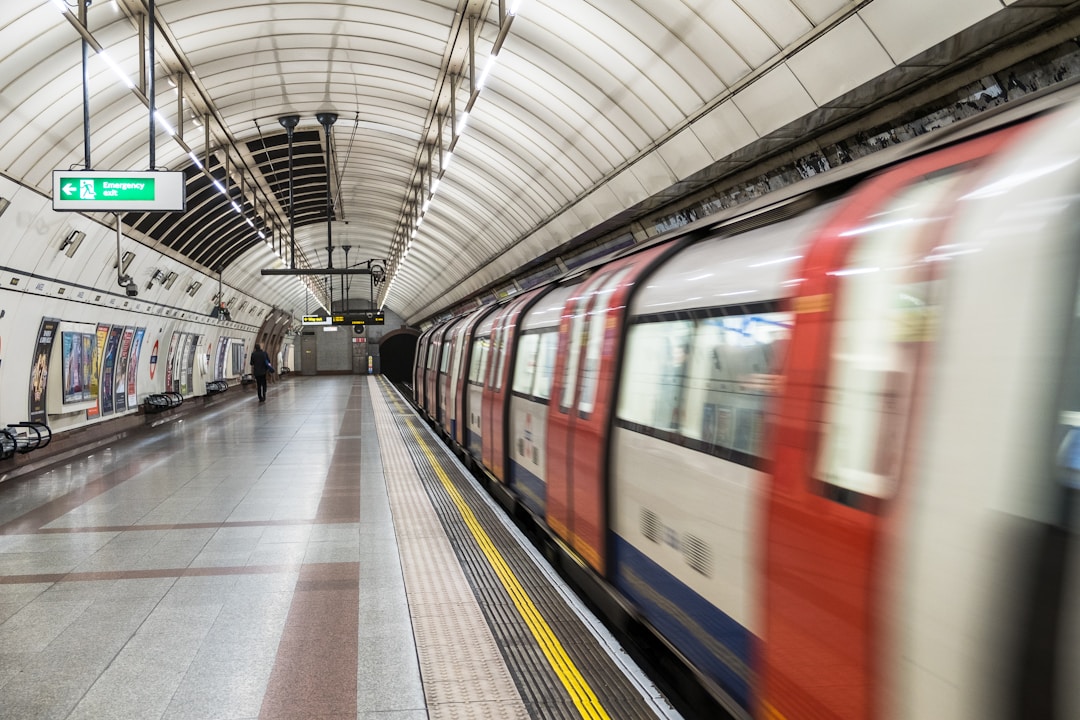When it comes to personal injury cases, there are often a lot of common questions that people ask. For the most part, personal injury claims are filed after a car accident, a metro accident, a truck accident, or even workplace accidents. And the lawsuit serves as a way for the injured party to get financial compensation for their serious injury. Most of these cases are a result of negligence.
For metro accidents in the Washington DC area, for example, the WMATA is responsible for any subway accidents on the MetroRail system. These metro accidents usually occur due to careless operation, poor training, unsafe cars, or other dangerous conditions. If you’ve experienced an accident using MetroRail, it’s best to contact Washington DC metro accident attorneys who can help you get maximum compensation for your personal injury. Here are some of the most common questions people might have for a personal injury lawyer in DC.
What am I supposed to do after a metro accident?

First of all, if you’ve been injured, your top priority should be to get medical treatment immediately. If your injuries are not severe, then it may be best to obtain photo evidence of the accident. It would also be helpful to gather information from other victims in the DC metro accident. Note the date, time, and location, and take plenty of photos of the accident scene. Any physical injuries you’ve sustained as a result of the accident should be recorded for your individual case. That way, your legal team can ensure you’re properly compensated for your personal injuries.
Do I need a lawyer for a personal injury case?
In order to figure out whether your metro accident case is worth pushing through, you’ll have to schedule a free consultation with a personal injury lawyer in the DC metro area. Once you find a personal injury law firm and speak with an attorney, they’ll be able to tell you whether or not you can get fair compensation based on what happened. If it’s clear that the DC subway accident occurred as a result of negligence from the WMATA, then you’ll likely be given a few legal options as the injury victim.
How much does it cost to hire a personal injury attorney?

A lot of reputable DC law firms offer a free consultation. After that consultation, most attorneys usually don’t charge you anything until they win the settlement. This is referred to as a “contingency fee.” For example, RHL Law in the Washington DC area will not charge you until your case is settled. Then, they take a percentage of the settlement they recovered for you, and they will not charge you if they can’t recover anything on your behalf. But DC personal injury law firms with years of experience can usually hold the responsible party (the WMATA) accountable and get you fair compensation.
Who will pay my medical bills until I get my settlement?
Because it takes time to settle a personal injury lawsuit, your medical bills will have to be paid by you and your insurance company first. But once your personal injury attorney is successful at filing your claim, the settlement should be able to cover any lost income, medical bills, other out-of-pocket expenses, and even help with any noneconomic damages like emotional distress. That’s why it’s important to get legal representation in the Washington DC area when you’ve suffered a serious personal injury due to a MetroRail accident.
The WMATA in the Washington DC area is the transit authority that’s responsible for training employees and ensuring the second busiest transit system is running smoothly and safely. It’s not your fault if something goes wrong while using the MetroRail. You have the legal right to file a claim if you’ve suffered a severe injury. Contact an attorney today for any other questions about MetroRail accidents and personal injury law.
Throughout the year, our writers feature fresh, in-depth, and relevant information for our audience of 40,000+ healthcare leaders and professionals. As a healthcare business publication, we cover and cherish our relationship with the entire health care industry including administrators, nurses, physicians, physical therapists, pharmacists, and more. We cover a broad spectrum from hospitals to medical offices to outpatient services to eye surgery centers to university settings. We focus on rehabilitation, nursing homes, home care, hospice as well as men’s health, women’s heath, and pediatrics.







